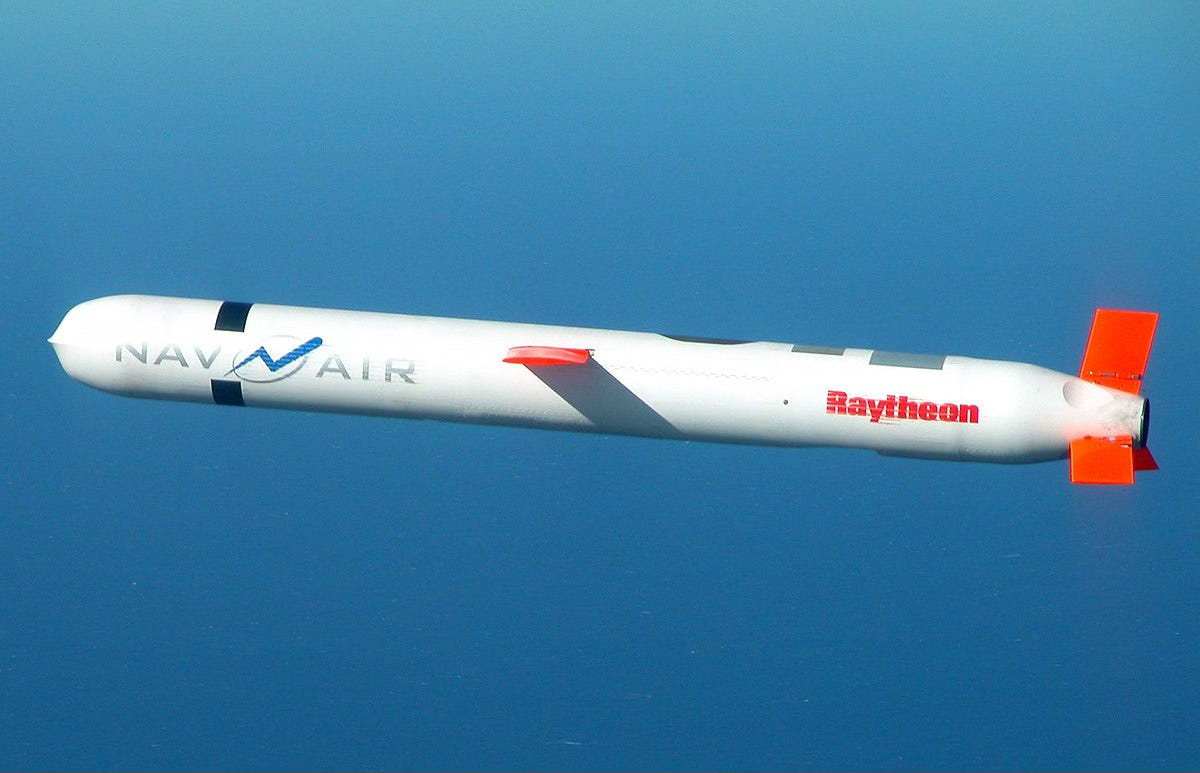On Sunday, the foreign ministers of North Korea and China agreed to deepen bilateral ties and resist hegemonism or unilateralism, a likely reference to their pushback against the United States. Their meeting in Beijing on Sunday came about three weeks after North Korean leader Kim Jong Un and Chinese President Xi Jinping held their first summit in more than six years and pledged mutual support and enhanced cooperation. Kim and Xi earlier attended a massive military parade in Beijing, marking the end of World War II, alongside other world leaders, including Russian President Vladimir Putin.
On Monday, Moldova’s election results showed Moldovans voted for a pro-Western government in the weekend election, defeating pro-Russian groups. Moldovan authorities have repeatedly claimed that Russia was conducting a vast “hybrid war” to try to sway the outcome and seize power in Chisinau. The pro-EU Party of Action and Solidarity, or PAS, secured 50.1% of the vote, while the pro-Russian Patriotic Electoral Bloc won 24.2%. The Russia-friendly Alternativa Bloc came third, followed by the populist Our Party. The right-wing Democracy at Home party also won enough votes to enter parliament.
On Monday, Russia warned that the supply of Tomahawk missiles to Ukraine would be a steep escalation of the conflict. Putin has previously warned that Russia reserves the right to strike at military installations in countries that let Ukraine use their missiles to hit Russia. Andrei Kartapolov, head of the Russian parliament’s defence committee, said that any U.S. military specialists who helped Ukraine to launch Tomahawks against Russia would become targets for Moscow.

On Tuesday, an offshore earthquake of magnitude 6.9 struck a central province in the Philippines, collapsing buildings, killing at least 31 and cutting off power. The epicentre of the earthquake, which was triggered by movement on a local fault at a depth of 5 kilometres (3 miles), was approximately 19 kilometres (12 miles) northeast of Bogo, a coastal city of around 90,000 people in Cebu Province.
On Tuesday, the U.S. military announced that it would be scaling down its forces and operations in Iraq and focusing its attention in the region on ISIS in Syria. Most of the 2,500 US personnel in the country will be shifted to Iraq’s Kurdistan region in the north. Once the transitions are completed, the total number of US forces in Iraq will number fewer than 2,000, and the majority of them will be in Erbil.
On Wednesday, Denmark hosted an EU summit to plan a defence strategy after drone incursions. Brussels urged member states to unite behind four flagship defence projects: a drone wall, eastern flank security, missile defence systems, and a space-based shield. Denmark banned all civilian drone flights across the country to ensure security as the city of Copenhagen hosted the summit.
On Wednesday, the Trump Administration notified Congress that it had expanded the sale agreement of arms to Estonia to a value of $4.73 billion, with a focus on delivering hundreds of precision missiles for the M142 High Mobility Artillery Rocket System (HIMARS). The new certification significantly upgraded an initial $500 million sale approved initially in 2022. The new agreement will see double the amount of HIMARS launchers, an increase to 200 ATACMS (up from 18) and 1,000 GMLRS (up from 144).
On Thursday, Iran’s president claimed Iran has no choice but to move its capital from Tehran to the south of the country due to the city’s over-expansion, the lack of adequate water supplies and the growing threat of subsidence.
On Friday, the Pentagon carried out another lethal strike on what Secretary of War Pete Hegseth said was a boat carrying drugs off the coast of Venezuela. Four individuals were killed.
On Saturday, it was reported that President Trump would send his envoys, Steve Witkoff and son-in-law, Jared Kushner, to Egypt within days to help complete a hostage release deal.
On Sunday, eight Organization of the Petroleum Exporting Countries (OPEC+) members led by Saudi Arabia said they would boost production by 137,000 barrels a day in November, the same as the output increase in October, in an attempt to gain market share.
